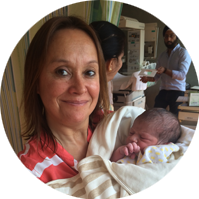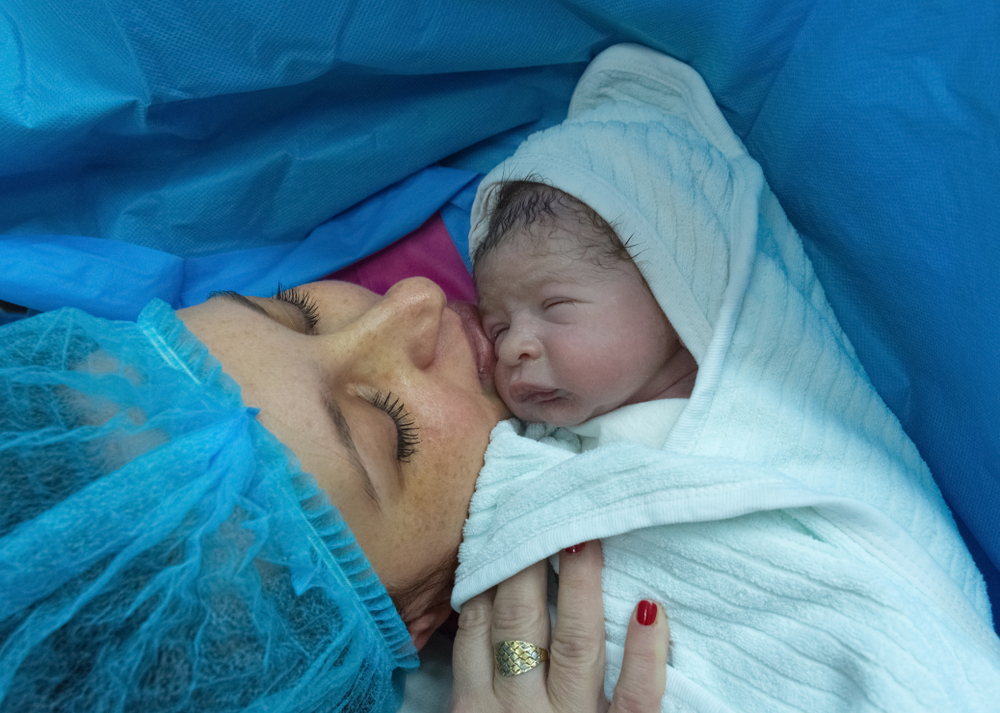Delivery
10Important questions to ask your doctor about natural birth

If you are hoping to have a natural birth it is incredibly important to surround yourself with people (doctors/doulas/caregivers/family) who are happy to support, you with your preferences. Any doula will be trained to give huge support throughout your birth, acting as a “safeguard” for your birth wishes and to help you with practical advice to help you achieve your ideal birth. All doulas are enthusiastic about natural childbirth and you will already be raising the probability of having a natural birth just by deciding to hire a doula!
The doctor you choose for your birth must be “on board” with natural birth methods and it is very important that you find someone that you trust will listen to your wishes and concerns and who is willing to give you complete support. Always do bear in mind that occasionally births do take unplanned turns and at that point, it is necessary to hand over to the medical team but at least start off planning for your natural birth.
Here are 10 questions that you should ask your doctor in the beginning in order to be confident that they will support you.
-
At what point in the pregnancy would you be looking at medical induction (if mum and baby are in good medical condition)?
It is important to know that your doctor will not be pushing for induction sooner than is medically needed. UK NICE guidelines suggest that induction should be offered at 40 weeks plus 12 days. Medical induction can be the start of a cascade of interventions which are not conducive to natural birth. -
What methods would you use for medical induction?
Find out your doctor’s preferred methods/programme for medical induction. -
What are your policies on Fetal Monitoring?
Some doctors prefer mums to have constant fetal monitoring. This tends to involve mum lying down on the bed which again is good but not that good for labor. Labour tends to progress more quickly if mums can be active and in an upright position. -
What are your policies on mum eating and drinking throughout labor?
It is beneficial for mums to eat and drink throughout labor to remain hydrated and to keep up their energy levels. Unfortunately, if you take an epidural it is only permitted to drink water. -
How long would you be happy for mum to labor in the first stage before suggesting the use of synthetic oxytocin (Syntocinon/Pitocin)?
Occasionally, it is suggested to use the above in order to strengthen contractions. These drugs are synthetic forms of the hormone oxytocin which mums naturally produce in an undisturbed labor and which allow the uterus to contract. -
How long would you be happy for a mum to push in the second stage of labor before suggesting intervention?
Mums having a natural birth tend to “breathe their babies down” with their contractions rather than using forced pushing techniques. This requires patience from doctors/ midwives and mums! -
What is your policy on the use of episiotomy (a surgical cut made at the opening of the vagina during childbirth)?
Preferably the answer to this should be that it is performed only if absolutely necessary. -
Do you always allow delayed cord clamping and physiological third stage (delivery of the placenta)?
Delaying the cutting and clamping of the umbilical cord until it has ceased pumping allows the full transfer of blood from the placenta to the baby, this has been found to be hugely beneficial to babies. A physiological third stage is where the placenta is delivered naturally after the baby is born due to the natural process of the uterus carrying on contracting after the baby is born. Sometimes an injection (of synthetic oxytocin) is given to speed up the process. This is sometimes medically indicated because of excess bleeding for example. -
Do you allow the presence of a doula?
A doctor supportive of natural birth should be aware of all of the benefits associated with the presence of a doula and welcome her into the labor room! -
Do you support the use of hypnobirthing techniques during labor?
As above, your doctor must be supportive of the techniques you decide to use to achieve the natural birth you want!
Good luck to you all!














